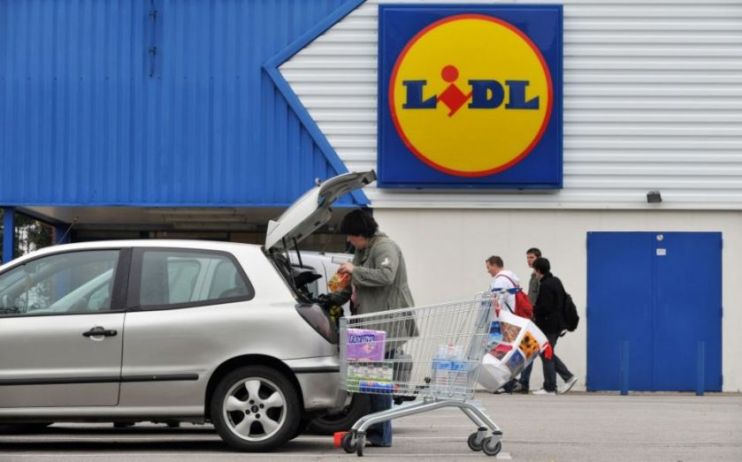Cost of living crunch: Grocery price inflation hits highest level in 13 years as households struggle to pay bills

Grocery price inflation has now hit the highest level since May 2009, with almost a quarter of households saying they are struggling to make ends meet.
Supermarket prices have risen seven per cent over the past four weeks, according to the latest grocery sales data published by Kantar this morning.
Products to see the sharpest price hikes include categories such as dog food, savoury snacks and fresh beef. However, prices of spirits have dropped, Kantar noted.
Prices are rising fastest in markets such as dog food, savoury snacks and fresh beef, while falling in spirits.
“People are really feeling the squeeze at the supermarket tills and they’re having to stretch their budgets further to accommodate rising prices,” Fraser McKevitt, head of retail and consumer insight at Kantar, added.
“To put the most recent numbers into context, if you were picking up supplies for a family fry up over the long weekend with toast, eggs, sausages, bacon, and beans it would cost you £6.83 – that’s a significant 40p increase on last year,” he said.
Some 43 per cent of households described themselves as ‘managing’ while 22 per cent said they were ‘struggling’, when surveyed by Kantar.
What’s more, the increasing cost of the weekly shop was concerning to more than nine in 10 people, the second most important issue behind dramatically rising energy bills, McKevitt said.
Supermarket sales have dropped 4.4 four per cent over the latest 12 weeks, in comparison to last year when restaurants and offices were still affected by Covid restrictions.
Discount supermarket Lidl saw its sales boosted six per cent in the 12 weeks to 15 May. It was ahead of its rival Aldi by a slim margin, with the budget retailer increasing its own sales 5.8 per cent.
Lidl hit a new market share high of 6.9 per cent while Aldi also hit a new peak, achieving a nine per cent share of the market for the first time.
Tesco also gained market share, with the country’s largest supermarket now holding a 27.4 per cent share.
Shoppers are anticipated to splurge on alcohol, barbecue foods, and desserts in the run up to the Platinum Jubilee bank holiday weekend.
The Diamond Jubilee in 2021 saw supermarket sales up 10 per cent during the week leading up to celebrations.
“With a four-day bank holiday weekend on the horizon, we’re expecting people to celebrate with friends and family. We should never underestimate the appetite for a party, especially a royal one,” McKevitt added.
In the week leading up to the 2021 festivities, beer sales increased 23 per cent while sparkling wine sales more than doubled, versus the same week in 2011.
Just like ten years ago, we’d expect barbeques to be fired up across the country and drive demand for anything that goes on the grill. In classic Jubilee style, indulgent desserts, whether bought ready to eat from the shops or made from scratch, are also expected to prove popular this year,” McKevitt said.
However, price hikes threaten to dampen Brits’ celebrations, with the average bottle of sparkling wine now £1.85 pricier than in 2011, Kantar analysis found.
In figures published last week, the Office for National Statistics (ONS) revealed inflation hit nine per cent in April. This represents the sharpest rate since 1982 and around four and a half times the Bank of England’s two per cent target.